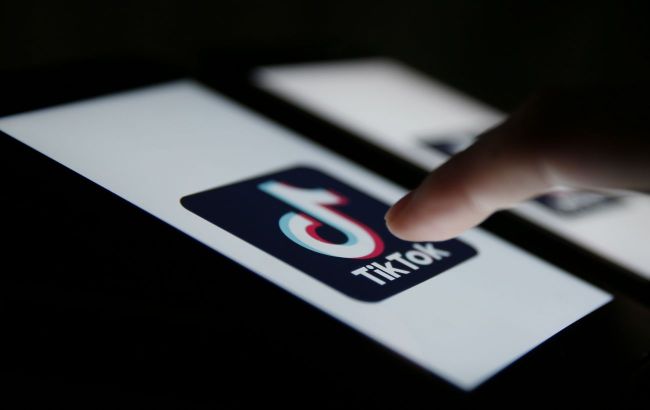EU law on disinformation comes into force: New rules for TikTok, Instagram, and Google
 The new EU law on digital services comes into force (Getty Images)
The new EU law on digital services comes into force (Getty Images)
In the European Union, on Friday, August 25, a new law on digital services, known as the Digital Service Act, came into force. Its aim is to combat misinformation and illegal content on the Internet, according to Deutsche Welle.
Thierry Breton, the European Commissioner for the Internal Market, said that large online platforms and search engines have had enough time to adapt to the requirements.
According to the law, social media networks and other major platforms with audiences exceeding 45 million users must monitor their content. Additionally, companies must pay fees to regulatory authorities.
In the event of a violation, they face significant fines, with penalties of up to 6% of their annual global turnover. In the case of repeated violations, the EU can prohibit the activities of these companies within its member countries.
Currently, the law applies to 19 platforms, including AliExpress, Amazon Store, AppStore, Bing, Booking, Facebook (owned by Meta Corporation), Instagram, Google Maps, Google Play, Google Search, Google Shopping, LinkedIn, Pinterest, Snapchat, TikTok, X (Twitter), Wikipedia, YouTube, and Zalando. This list may expand.
TikTok faces ban
This year, many countries have discussed banning TikTok. Restrictions on the use of the social media platform are being considered in the UK, the US, Australia, Ireland, the Netherlands, and other countries.
Furthermore, discussions to prohibit government officials from using TikTok are being held in some Western countries.

